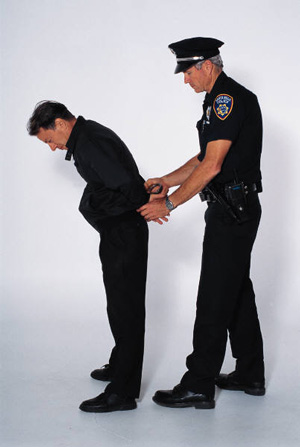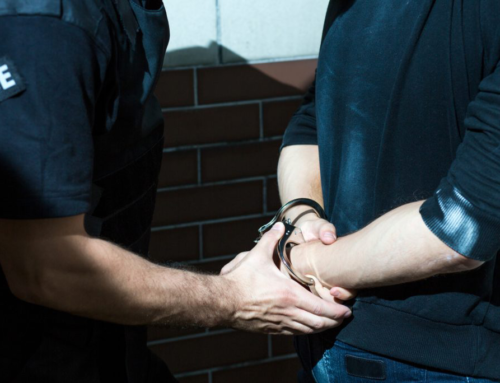 What is the Police Protection Act, going into effect on September 1?
What is the Police Protection Act, going into effect on September 1?
On June 6, 2017, Gov. Greg Abbott signed into effect a bill that he claims is intended to create a culture of respect for law enforcement. The act will increase penalties for crimes targeting law enforcement and judges, adding them to the list of people protected under Texas hate crime statutes.
Texas follows Louisiana and Kentucky, which passed similar statutes last year. Several other states are considering similar laws. The Police Protection Act was drafted in response to the 2016 attack in Dallas that left five police officers dead, as well as the attack against state District Judge Julie Kocurek in 2015.
Hate Crimes in Texas
In Texas, offenses created with a bias or prejudice toward the following are considered hate crimes:
- Race
- Color
- Disability
- Religion
- National origin or ancestry
- Age
- Gender
- Sexual preference
According to Cleburne, Texas Police Department Detective Kelly Sumney, the addition of “hate crime” status to first degree felonies does not actually increase penalties. However, it allows prosecutors to ask for assistance from the attorney general’s office.
Potential hate crimes in Texas are rarely prosecuted as such, according to the nonprofit ProPublica. From 2010 to 2015, only five hate crime convictions resulted from 981 potential cases. For this reason, some believe the Police Protection Act serves more of a symbolic role than it does to increase penalties for attacks on police.
Regardless, if you are charged with a potential hate crime, you should discuss it with a criminal defense attorney.







